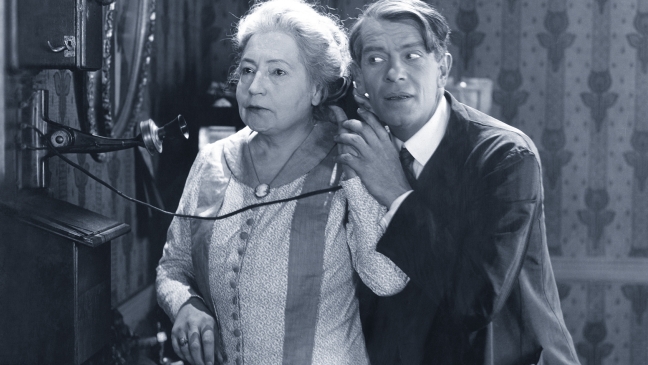It was clear from Liz Truss’s initial speech from outside No. 10 when she became prime minister that education was going to be deprioritised.
There is not even a dedicated adviser on the subject in Downing Street, which has already led to confusion and misunderstandings. To call the Department for Education ministerial team underpowered would be polite.
The one education policy that Truss did repeatedly promote during her campaign was to remove the restriction on new grammar schools.
This is despite unanimous agreement from anyone familiar with the research that they increase inequality and harm attainment for pupils from lower-income families.
The rumblings about grammars have continued since Truss won, with rumours abounding that Sir Graham Brady, the chair of the powerful backbench 1922 Committee, and long-time fan of selective education, would put down an amendment to the Schools Bill to remove restrictions on grammars and that the government would support this.
Not worth worrying about
My advice to schools and multi-academy trusts is not to spend a second worrying about this, whether you’re opposed to or planning to build one.
There is more chance that England will play Wales in the World Cup Final in December than this government will bring in more grammar schools.
For a start, it’s not even clear that the Schools Bill is going ahead. No one in the DfE knows and, as far as I can tell, no one in No. 10 has decided.
The bill was already in trouble after getting ripped apart in the Lords and, while the DfE has prepared new and less controversial clauses to cover academy trust regulation, the government may decide this is one fight they just don’t need to have right now.
Especially as the loudest voices opposing the bill were on the right of the Conservative party.
Even if the bill goes ahead, a grammar schools amendment would likely kill it.
Tory MPs reticent to back proposals
You may have spotted that the Tory conference didn’t go all that well. The party is at war with itself, which makes any controversial issue difficult to make progress on.
Truss has already had to U-turn on the proposal to scrap the 45p top rate of income tax, and another rebellion on cutting benefits is in full flow. It’s not clear if enough Tory MPs would be prepared to defy the whip to oppose grammars but, with the prime minister’s authority so damaged, it’s possible.
Many in the party know it’s the wrong policy. Michael Gove, who led the 45p tax revolt, said during the party conference that “the evidence is that grammar schools favour the better off” and that when Tories back grammar schools, “what we’re saying is we’re only interested in 25 or 30 per cent of children...We should not be looking backwards into an educational situation where we’re dividing children between those destined for success, and those overlooked”.
Even if grammars made it through the Commons, it would likely be held up by the Lords. As it was not in the manifesto, there is nothing stopping the Lords from voting it down.
That would mean the government either had to accept defeat to keep the rest of the bill or bring the whole thing back in the next session of Parliament, which will be the last before the election.
At that point, they could use the Parliament Act to overrule the Lords, but by then we’ll be months away from an election they’ll almost certainly lose so there wouldn’t be any chance to open new ones.
Labour would change the law back straight away if necessary.
Little appetite for more upheaval
The latest bit of government briefing to the Daily Telegraph indicated they have now realised all of this and will not be moving ahead with grammars in this Parliament. Instead, they may include them in their next manifesto, which, if current polls are anything to go by, is nothing to be concerned about.
The new schools minister, Jonathan Gullis, a big fan of grammars himself, did not seem positive at the conference that anything would happen this Parliament.
The one caveat to all of this is that Sir Graham is an extremely important person to Truss right now. She has made such a mess of her first month that there is already talk of getting rid of her.
Doing so before next September would require a change in 1922 rules, which currently prevent a confidence vote in a leader in their first year.
So there is quite an incentive to keep Sir Graham onside and this is his big issue. So they may still try something. But it was always incredibly unlikely to work.
Given the state of the government, and the Tory party, it now seems impossible.
Sam Freedman is a former senior policy adviser at the Department for Education and a senior fellow at the Institute of Government






